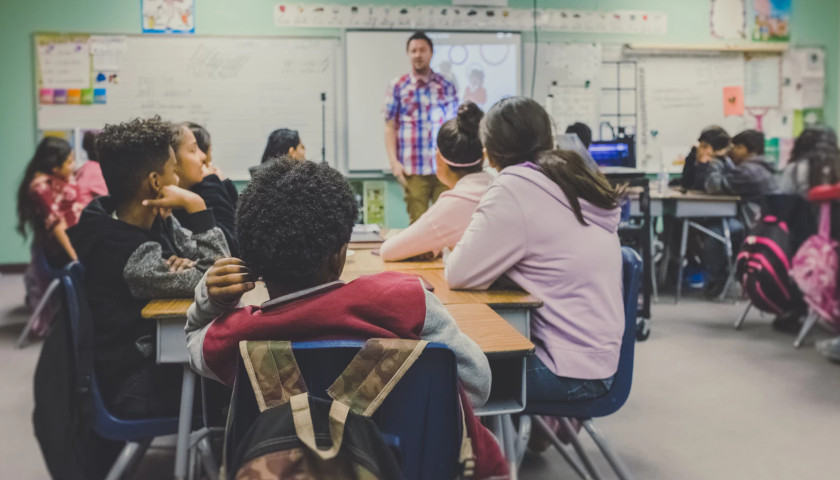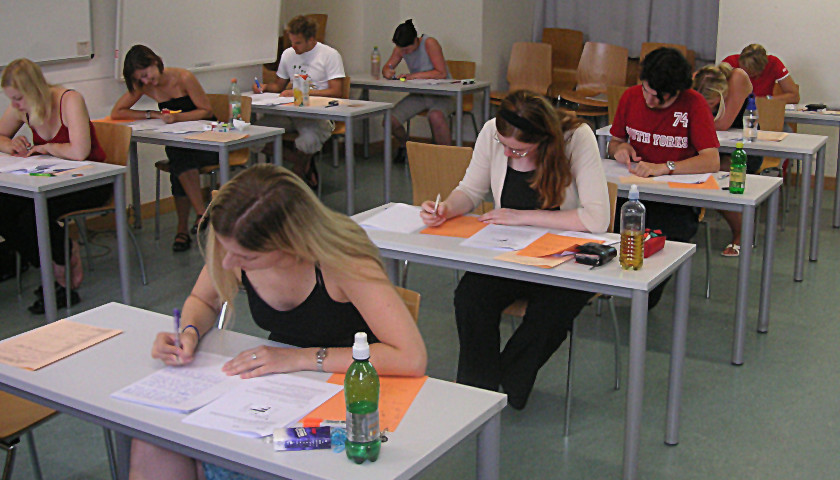Our K-12 schools are organized more like a swim meet than a swim lesson. The emphasis is on student placement results rather than on ensuring all students learn. Students move on to the next lesson, concept, or skill regardless of whether mastery was achieved at the previous level.
Donald P. Nielsen explains this analogy in Every School: One Citizen’s Guide to Transforming Education:
In a swimming meet, the purpose is to determine who is the fastest swimmer. In public schools we spend a lot of time grading students on what they have learned and then ranking them, rather than ensuring that every child has learned. What we need, however, is a public school system that is organized like a swimming lesson. In a swimming lesson, the instructor’s goal is different. The goal is to make sure all students, even the slowest, learn how to swim. Swimming meets can be a result of swimming lessons, and grading can be a result of learning, but ranking students by ability should not be the primary goal of teachers or of the system as a whole.
In swimming, as in any other athletic or artistic endeavor, classes are grouped based upon the current achievement level of the students, not based on age. A swimming coach would never consider putting advanced swimmers and beginning swimmers in the same class, even if they were of the same age. Similarly, a music teacher would not put an advanced piano player in a class with beginners…. Age is not a relevant factor in either swimming or piano lessons, but it is the overriding factor in our schools. No other major learning activity is strictly age-based. Our schools shouldn’t be either.
Read More







